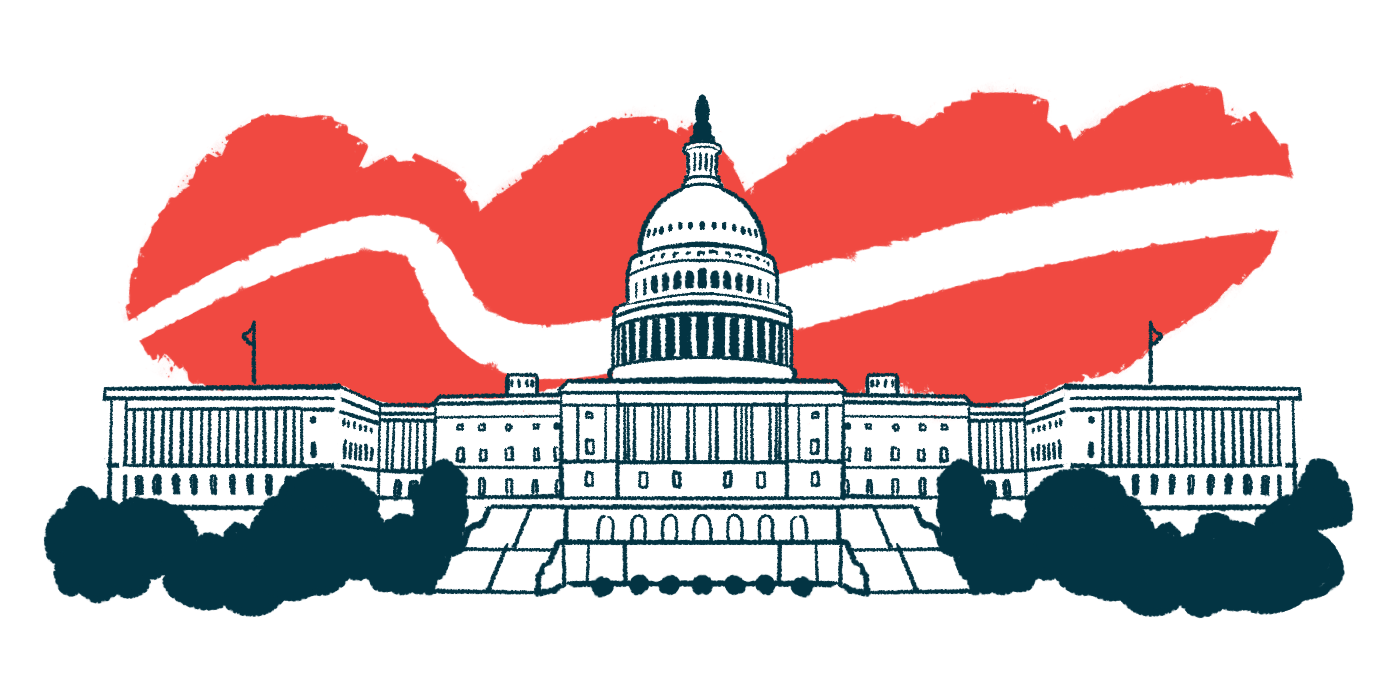NORD Welcomes Congress Decision to Extend FDA User Fee Programs
Nonprofit says programs are critical for providing care to people with rare diseases

The U.S. Congress has passed five-year extensions for several user fee programs of the U.S. Food and Drug Administration (FDA), as part of legislation that will keep the government funded through December.
The move was welcomed by the National Organization for Rare Disorders (NORD), which stated these programs are critical for providing care to people with rare diseases, such as Lambert-Eaton myasthenic syndrome (LEMS).
“NORD is pleased that Congress approved a full five-year reauthorization of several critical FDA user fee programs prior to the September 30th deadline,” Peter Saltonstall, president and CEO of NORD, said in a statement.
FDA user fees are payments the FDA collects from companies selling certain medical products in the U.S. This money helps to supplement the funding that Congress provides to keep the FDA running. The amount of these fees is renegotiated between the FDA and industry every five years.
The new extension specifically applies to user fee programs covering prescription drugs, generic medications, biosimilars, and medical devices.
“Every five years, Congress is tasked with reauthorizing these vital programs, which help ensure patients gain access to essential therapies and diagnostics in a timely manner,” Saltonstall said. “Letting these programs lapse would have been devastating to the many patients in the rare disease community who still lack effective treatment and who have placed so much hope in the thousands of products under development that could help them better manage or even cure their conditions.”
The new legislation also includes some short-term extensions for other programs, including the orphan drug grants program that provides financial incentives for companies developing treatments for rare diseases.
Other possible amendments and extensions — including some provisions specifically targeting rare diseases, as well as reforms of accelerated approval, efforts to improve diversity in clinical trials, and provisions to regulate cosmetics and dietary supplements — were discussed by one or both chambers of Congress, but ultimately were not included in the passed legislation.
“NORD is deeply concerned that Congress included only a short-term reauthorization of other critical programs like the orphan drug grants program and failed to include several bipartisan policy reforms important to the rare disease community,” Saltonstall said.
NORD is now calling on Congress to pass a full five-year reauthorization for these programs, which “have broad bipartisan support and would directly benefit the rare disease community,” Saltonstall said.
“Since 1992, user fee reauthorizations have presented an important opportunity to make necessary FDA-related policy improvements and clarifications, and enhance accountability of the FDA,” he said. “This is why NORD and the rare disease community have been so vocal about the urgent need to include provisions to clarify the scope of orphan drug exclusivity, strengthen the accelerated approval pathway and improve clinical trial diversity as part of a comprehensive user fee package.”
“Failing to act now to ensure the continuation of these programs and to include these important policies jeopardizes the future of both,” added Saltonstall.








